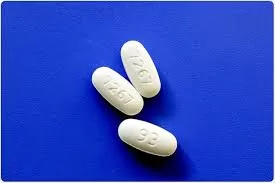Thiruvananthapuram, India – In a significant step towards improving healthcare services, the Kerala Blood Transfusion Council has introduced the Rare Blood Donor Registry, a pioneering initiative aimed at addressing challenges in locating suitable blood matches for transfusions. The registry, announced by State Health Minister Veena George, seeks to identify and maintain a database of donors with rare blood groups, ensuring timely and efficient blood supply for patients in need.
The initiative has already garnered an impressive 3,000 registered donors and is poised for further expansion throughout Kerala and, eventually, across India. This strategic effort is expected to enhance accessibility to crucial transfusion services, particularly for individuals with uncommon blood types who often face difficulties in sourcing compatible donors.
The Rare Blood Donor Registry involves a coordinated approach, with active participation from medical colleges and healthcare institutions statewide. By leveraging digital platforms and advanced donor tracking mechanisms, the registry aims to streamline the process of identifying and reaching out to rare blood group donors during emergencies.
State Health Minister Veena George emphasized the importance of this initiative, stating, “This registry is a significant milestone in Kerala’s healthcare sector. It will bridge the gap between demand and availability of rare blood types, saving countless lives in the process.” The government plans to integrate the registry into a national framework, ensuring a robust network that can cater to patients beyond state boundaries.
Experts in transfusion medicine have lauded the initiative, highlighting its potential to revolutionize blood donation services in India. With the ongoing commitment from healthcare professionals, policymakers, and voluntary donors, Kerala’s Rare Blood Donor Registry is set to become a model for other states to follow.
Disclaimer: The information provided in this article is based on official announcements and available data. Readers are encouraged to verify details with relevant healthcare authorities for the latest updates and specific medical guidance.











